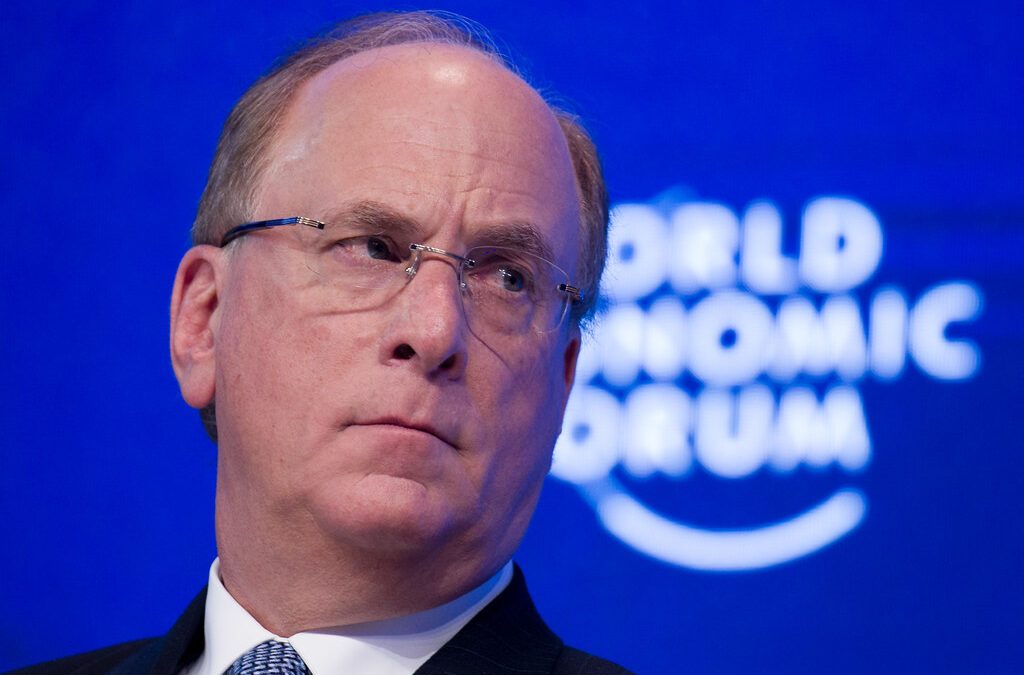As has been increasingly reported lately, the term “ESG” (which stands for Environmental, Social and Governance) has suffered such an image turnaround from just two short years ago that its mention is now considered a pejorative. The latest example comes from a Yahoo! Finance report from over the weekend:
Midway through another earnings season, the free-fall in C-suite mentions of the movement for environment, social, and governance (ESG) strategies is on pace to plumb new depths.
There have been just nine direct mentions among S&P 500 companies of the politically controversial term amid the sea of hundreds of earnings calls in recent weeks, according to data from financial data company FactSet through Friday afternoon.
That is a far cry from the 156 mentions among S&P 500 companies during the fourth quarter of 2021, when usage of the term peaked according to the company.
And citations this year are either very brief or reflect a more charged political landscape, according to a Yahoo Finance analysis.
The previous pro-ESG icon was BlackRock Chairman/CEO Larry Fink, who disavowed the term last summer. Not long afterward he was rewriting his own history to try to make people think he never had anything to do with it. Yet the belief system has not disappeared, as Yahoo! Finance reported — executives are just trying to call it by a different name:
CEO Larry Fink has been among the faces of the ESG movement in recent years thanks to his annual letters urging companies and long-term investors to do more to prepare for climate change. But he recently grew disenchanted with the term and announced last June that he would stop saying it at all.
He stayed true to that pledge on BlackRock’s Jan. 12 earnings call. The company unveiled plans to buy private equity firm Global Infrastructure Partners but — without ever saying ESG — Fink made clear that a changing climate and “the energy transition” were key factors driving the $12.5 billion deal.
“If we are going to decarbonize the world … capital and infrastructure is going to be very necessary,” Fink told investors, adding “that supply/demand imbalance creates compelling investment opportunities for our clients.”









